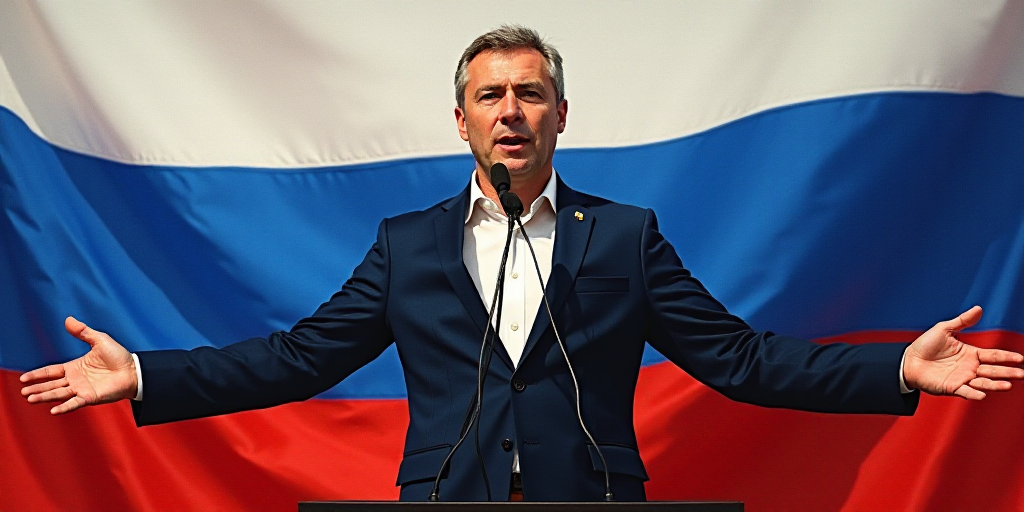Background on Key Figures and Context
Volodymyr Zelensky: The President of Ukraine, elected in 2019, Zelensky has been at the forefront of his nation’s response to Russia’s invasion. His leadership has been marked by resilience and diplomatic efforts to resolve the conflict.
Vladimir Putin: The President of Russia since 2012, Putin’s decision to invade Ukraine in February 2022 has led to a devastating war, with thousands of casualties and Russia controlling nearly 20% of Ukrainian territory.
Donald Trump: The former U.S. President, who served from 2017 to 2021, has been vocal about ending the conflict and has attempted to mediate between Russia and Ukraine.
Zelensky’s Proposal for Direct Talks
Zelensky’s Stance: In a message on X, the social media platform, Zelensky expressed his willingness to meet Putin personally in Turkey to discuss a lasting ceasefire, which he believes is essential for diplomatic progress.
Condition: Zelensky had previously stated he would meet with Russia on May 15 in Turkey, provided Moscow agreed to a 30-day truce starting Monday.
Reactions and Responses
Trump’s Involvement: The former U.S. President encouraged Ukraine to accept the meeting on Thursday, stating that it would allow both parties to determine if a peace agreement is feasible. He also noted that European and U.S. leaders would know what to expect if an agreement is not possible.
Putin’s Response: Putin proposed “direct” and “unconditional” negotiations with Ukraine in Turkey, following an ultimatum from Kyiv and its European allies for a “total and unconditional” ceasefire. Putin criticized the issuance of ultimatums and the “anti-Russian” rhetoric from Ukraine’s European allies.
“Eliminating the Roots of the Conflict”
Putin’s Objective: Putin suggested that the dialogue could lead to a “new type of ceasefire,” but emphasized that the primary goal should be to “eliminate the roots of the conflict.” Russia often cites grievances against Ukraine and the West, such as allegations of Ukrainian “nazification,” its shift towards the West, and NATO expansion.
Turkey’s Role
Erdogan’s Confirmation: The President of Turkey, Recep Tayyip Erdogan, confirmed his country’s readiness to host the negotiations. He informed French President Emmanuel Macron that a “historic turning point” had been reached in efforts to end the war between Ukraine and Russia.
Key Questions and Answers
- Q: Who proposed direct talks between Russia and Ukraine? Former U.S. President Donald Trump suggested the need for direct talks between Russia and Ukraine to determine the possibility of a peace agreement.
- Q: What conditions did Zelensky set for meeting with Putin? Zelensky demanded a 30-day truce starting Monday as a condition for meeting Putin on May 15 in Turkey.
- Q: How did Putin respond to the ultimatum from Ukraine and its European allies? Putin proposed direct negotiations in Turkey without preconditions and criticized the issuance of ultimatums and anti-Russian rhetoric from Ukraine’s European allies.
- Q: What is Putin’s primary goal for the negotiations? Putin aims to “eliminate the roots of the conflict” during the negotiations, addressing long-standing grievances against Ukraine and the West.
- Q: How has Turkey positioned itself in this conflict? Turkey, under President Erdogan, has expressed its willingness to host negotiations between Russia and Ukraine and acknowledged the significance of these talks in ending the war.






